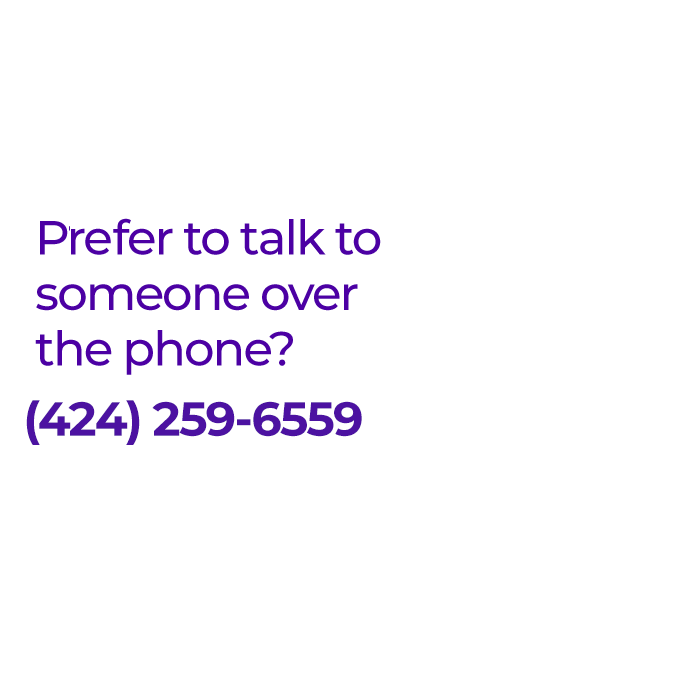Periodically, the Centers for Medicare & Medicaid Services (CMS) requests reviews of technologies used in medical care in the United States. CMS requested an updated review of continuous positive airway pressure (CPAP) therapy for the treatment of obstructive sleep apnea from the Agency for Healthcare Research and Quality (AHRQ) through AHRQ’s Evidence-based Practice Centers program.
The draft version of the CPAP technology assessment was released in early April, raising important concerns among patients and providers in the sleep community. The draft technology assessment found a low strength of evidence indicating that:
- CPAP may decrease overall mortality
- CPAP does not affect the risk of cardiovascular events (such as stroke or heart attack), driving accidents, newly-diagnosed high blood pressure or diabetes, depression or anxiety scores, executive cognitive function, or overall quality of life.
To clarify, the assessment found that current studies were not definitive but showed limited benefit of CPAP in many important outcomes. In addition, the assessment indicated that there is no clear evidence that so-called intermediate outcomes (such as reduction in apnea-hypopnea index) were associated with long-term outcomes (like those mentioned above).
Can the AHRQ assessment of CPAP be true?
The answer is…yes and no. The AHRQ assessment appears to have been led by individuals without as much familiarity with sleep medicine or CPAP. This is good and bad. Those of us in the sleep field think that CPAP must be helpful because we prescribe it all the time and see many patients who benefit from it. However, the highest-quality scientific studies (randomized trials comparing CPAP to observation) show limited benefit of CPAP. Having individuals outside of the sleep community evaluate the evidence is one way to get around the biases that those of us who treat patients may have in seeing how individual patients benefit from CPAP.
What has been the response from the sleep community?
I have tremendous respect for agencies like AHRQ and the experts who work there. However, there were some important factors that appear to have been overlooked in the assessment. These were raised by a group of highly-respected researchers and leaders in the field in a formal comment submitted to AHRQ that questioned the findings. Their main concerns may be summarized as:
- Not evaluating important benefits of CPAP that have been proven more clearly, such as improving sleepiness (Epworth Sleepiness Scale), motor vehicle crashes, and blood pressure.
- Overlooking the importance of adherence. High-quality studies with data on CPAP usage often show that those study participants who used their CPAP had better outcomes and may have achieved the important outcomes (such as decreased risk of mortality, heart attack, and stroke). This has not been proven clearly, but the existing studies highlight the need to track CPAP adherence because it seems so important to all of CPAP’s benefits.
- Use of confusing terminology. The assessment showed that there was an absence of clear evidence proving CPAP benefit in certain areas but should not be read as indicating that there is evidence of no CPAP benefit.
What should we take away from this?
Lessons learned start with the fact that we need to look at the details of all studies to see what was actually done and shown instead of just taking the authors’ word. This has always been my approach, and I encourage others to do the same when they read my research papers.
The other key is that receiving CPAP without using it does not achieve much of anything. It would not be surprising that the benefits of CPAP only result in those who can use CPAP comfortably, and this agrees fully with my approach to taking care of patients.
If you are struggling with CPAP, we can help
As a sleep surgeon, my approach has always been to find a treatment that works for each patient. That can involve one or more of the options that has been shown to control obstructive sleep apnea or snoring: conservative measures, positive airway pressure therapy, surgery, or oral appliances. I use all of these modalities often and consider it a victory when a patient uses a treatment that is right for them – regardless of the choice – and that offers adequate control of their obstructive sleep apnea or snoring.
Please feel free to reach out to me if you would like to discuss options, especially if your CPAP is not working well for you.




99 − = 91